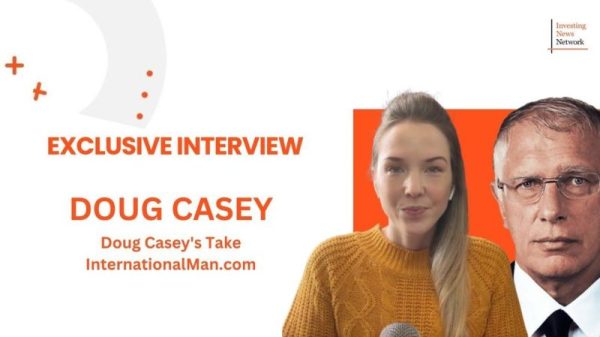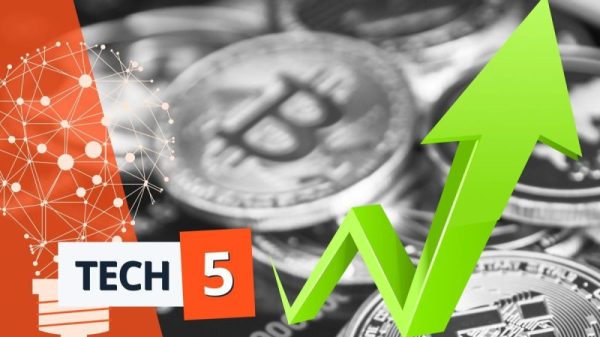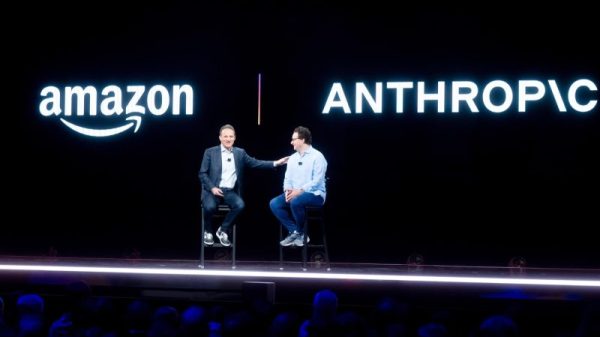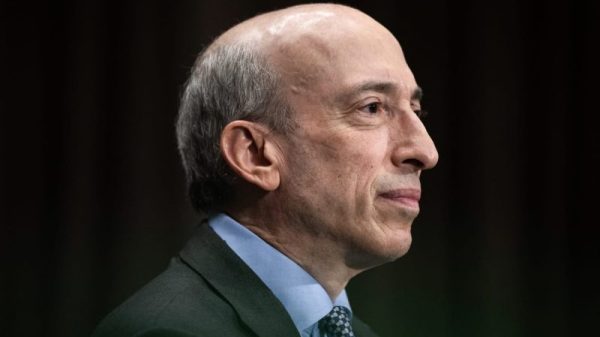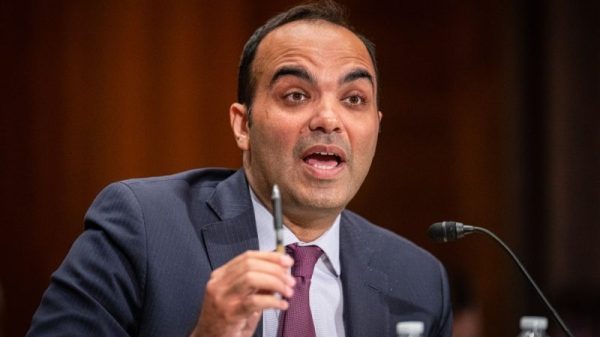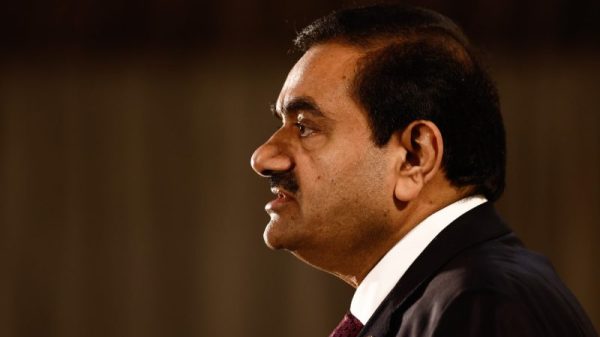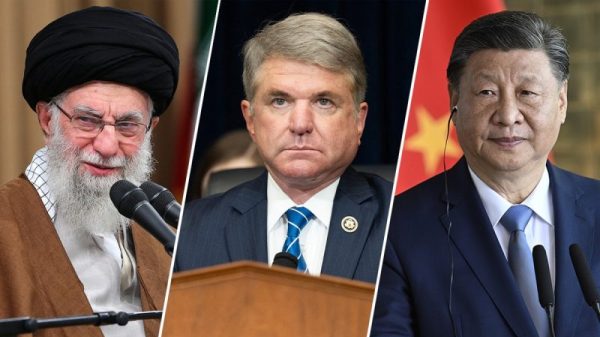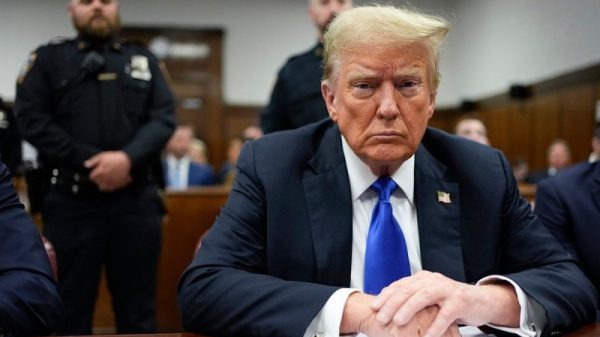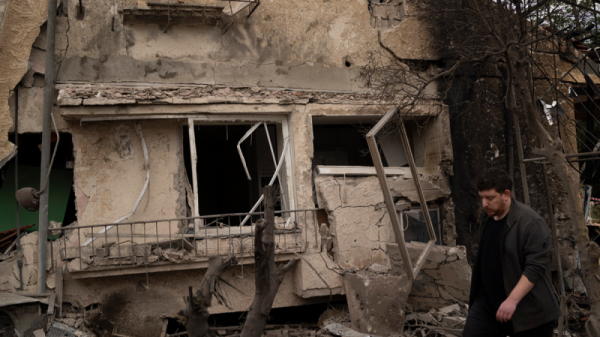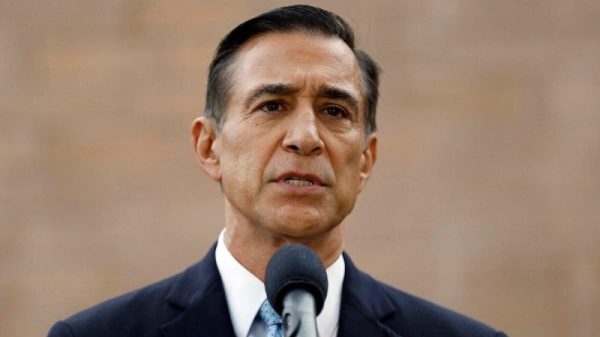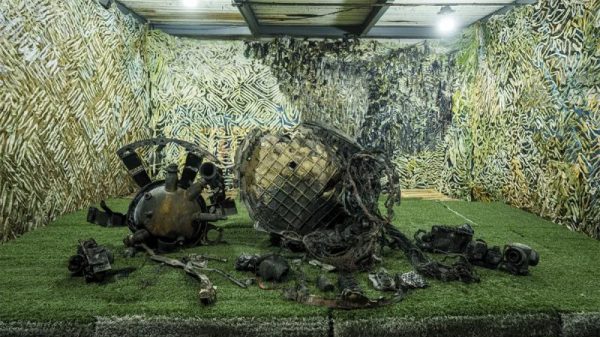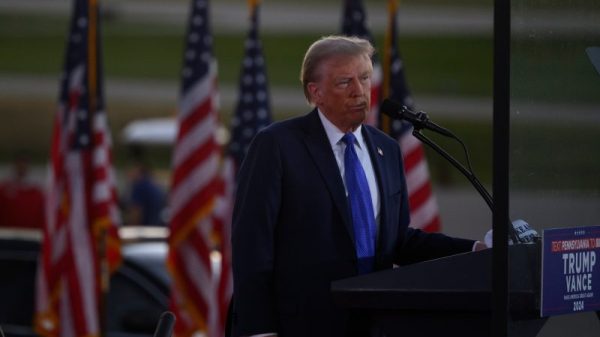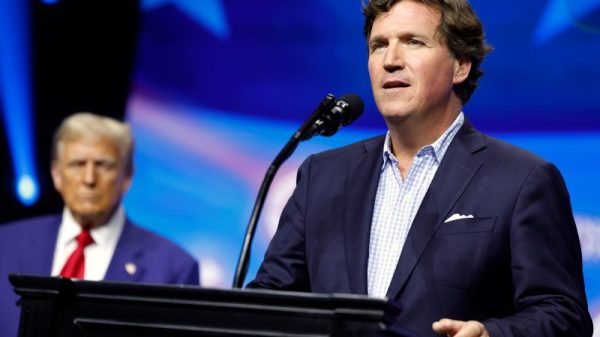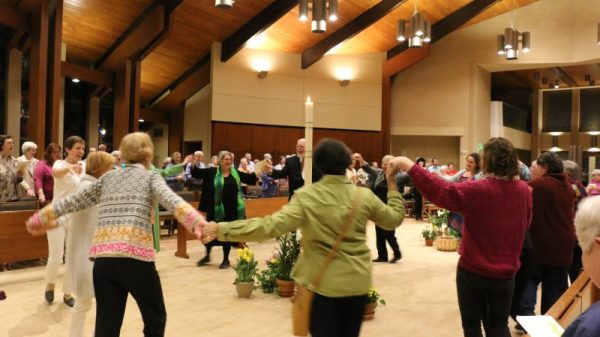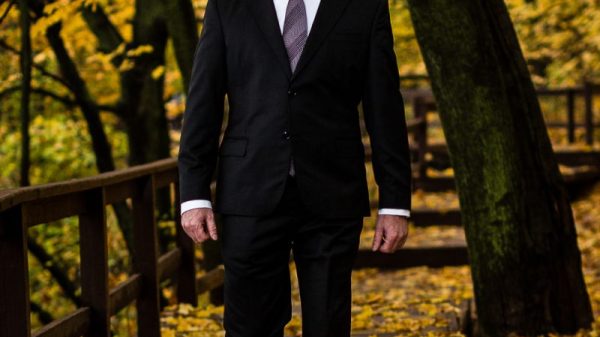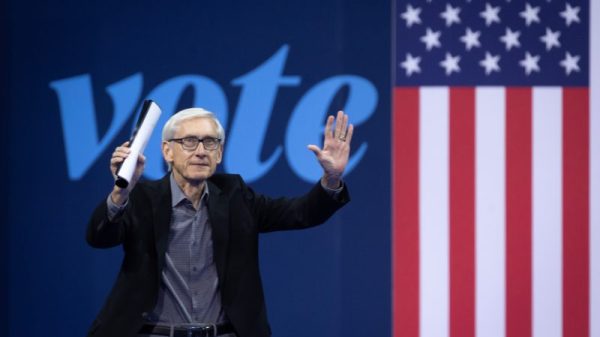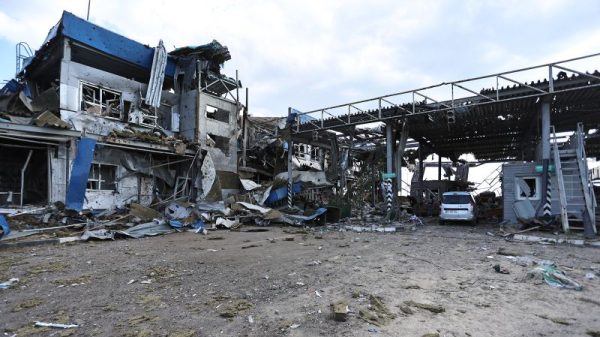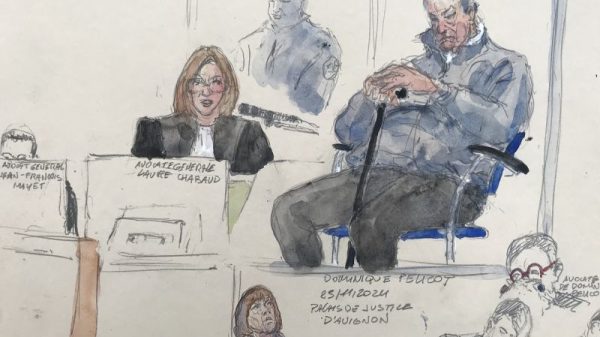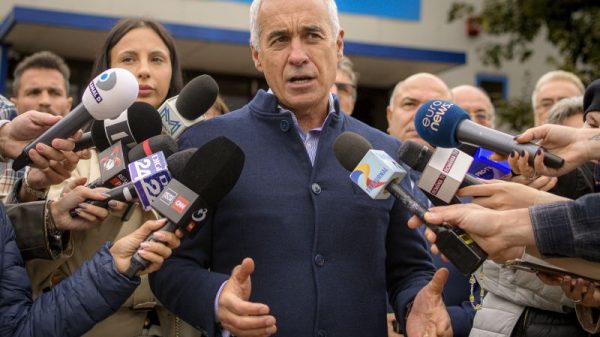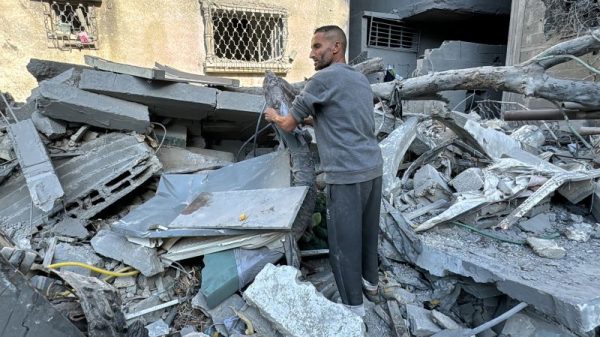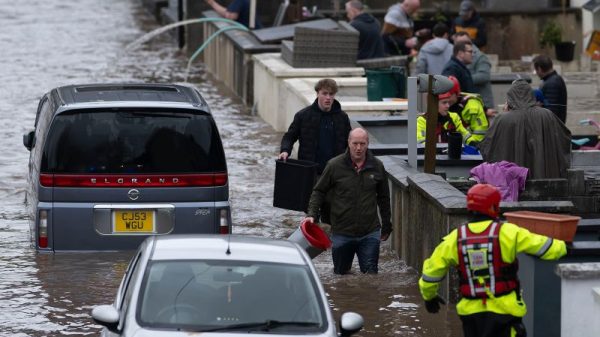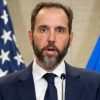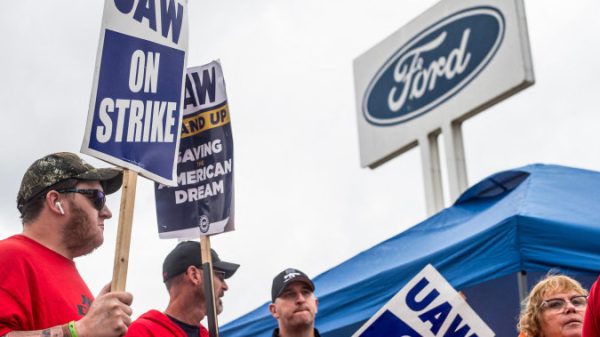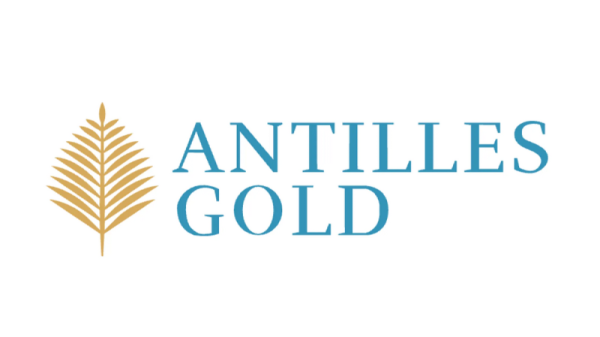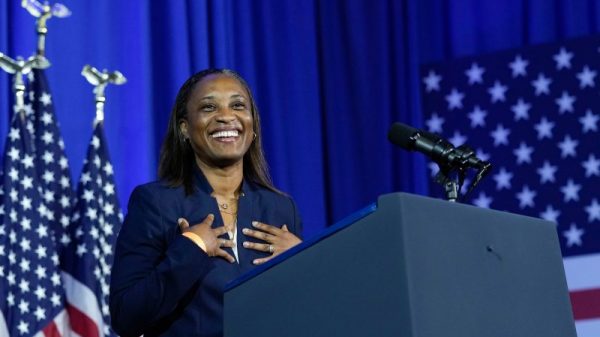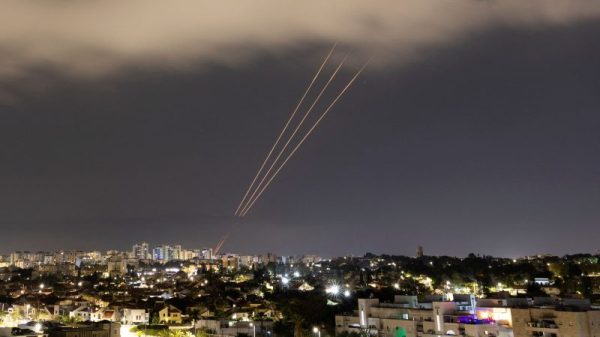Israeli President Isaac Herzog spent his day on Friday meeting with high-profile leaders at the COP28 climate talks in Dubai. The same day, his country’s army dropped leaflets around southern Gaza, warning residents to flee — its combat operations against Hamas were resuming after a seven-day pause.
Herzog was supposed to give an address that day calling for action on the climate crisis. His slot came and went; he didn’t speak. He was instead meeting with the likes of King Charles III and leaders of the United Arab Emirates, Qatar, the European Union, the United Kingdom and India, as well as the United Nations Secretary General.
The discussions were private, but no doubt the top of Herzog’s agenda was soliciting support, or at least tolerance, for Israel’s part in the war with Hamas, and helping secure the release of the remaining 136 hostages who were abducted from Israel by the armed group in its October 7 attack. Since then, Israel has retaliated with enormous military might, in a war that has killed more children than all the conflicts around the world in a year put together.
The Israel-Hamas war is casting a shadow over the COP28 climate talks. Friday only marked Day 2 of proceedings, yet the subject has been unavoidable in press conferences, speeches and even in the optics of photos and handshakes.
Some participants walked around the summit venue wearing lanyards in the colors of the Palestinian flag. Turkish President Recep Tayyip Erdogan and South Africa’s President Cyril Ramaphosa openly accused Israel of committing war crimes in formal speeches that were supposed to be about climate to thousands of delegates, in remarks publicized well beyond Dubai.
Meanwhile, Israel’s allies, like UK Prime Minister Rishi Sunak, repeated the line that Israel “has the right to defend itself.” Sunak met with at least four leaders about the war — it’s unlikely he had much time left for climate.
It’s not surprising or even untoward that Herzog would spend his time at COP28 with influential leaders — there are few opportunities as awash with powerful players as the first two days of the UN-backed talks. But it is symbolic of an ongoing problem — the world struggles to make room for the drudging issue of climate change when conflicts happening in the now use up so much time, money and attention.
Already, the heat of the war has entered the talks. The Iranian delegations left the summit because Herzog and the Israeli delegation were present, according to Iranian state media IRNA. Iran doesn’t recognize Israel. It’s not clear if its delegation plans to return.
As 2023 is on track to be the hottest year on record, there is a growing sense of urgency that countries need to put aside their differences for the climate crisis — the consequences of feuding while the planet fries in record heat and crumbles from deadly extreme weather events are just too grim to ignore. The US and China, for example, agreed to resume a climate working group last month and pledged a major ramp-up of renewable energy after a freeze since August last year.
But in reality, the scourges of conflict and climate change have become so intertwined — even horrifically similar in their outcomes — that addressing them together may be an inevitability.
That point was made clearly by Jordanian King Abdullah II, who in his speech Friday warned that war would only worsen the Middle East’s acute water stress and food insecurity, already fuelled by the climate crisis.
“My friends, this year’s conference of the parties must recognize even more than ever that we cannot talk about climate change in isolation from the humanitarian tragedies unfolding around us,” he said.
“As we speak, the Palestinian people are facing an immediate threat to their lives and well-being. In Gaza, over 1.7 million Palestinians have been displaced from their homes, tens of thousands have been injured or killed in a region already on the frontlines of climate change. The massive destruction of war makes these environmental threats of water scarcity and food insecurity even more severe.”
North-South ‘trust deficit’
The wider, longer-running Israel-Palestinian conflict has caused divisions globally along the lines of race, religion and ethnicity since the state of Israel was established in 1948. But at COP, the current war is also causing a Global North-South divide, according to Ulrich Eberle, Director of Climate, Environment and Conflict at the International Crisis Group, a Brussel’s-based think tank.
In the early days of the war, US President Joe Biden was one of the most emphatic supporters of Israel and its right to defend itself. But his administration has been cornered into softening that tone, as gruesome images of the toll on civilians in Gaza draw outrage against Israel from many corners of the world.
The Middle East has long been wracked with conflict, but the climate crisis was one area that was helping repair old rifts. The UAE — a long-standing supporter of a Palestinian state — had recently begun cooperating with Israel on climate.
In 2021, Israel and the UAE signed a water for energy deal with Jordan that would involve an exchange of solar power for desalinated water. Last month, Jordan pulled out of the deal, with its foreign minister, Ayman Safadi, telling Al Jazeera it couldn’t possibly ratify it “while Israel continues to kill children in Gaza.”
The question now is whether the heat of the war will leave the summit along with the world leaders — who typically fly home after making big, bold statements at the start of talks — or if two weeks of painstaking negotiations around the viability of our planet may just add to tensions among the war’s key players, and their allies and foes.
It’s early days, but so far, the actual negotiations haven’t been too clouded by the conflict, according to Alden Meyer, a senior associate with the climate consultancy E3G.
“It’s not like this is a new dynamic, but it’s obviously a very intense issue right now.”



